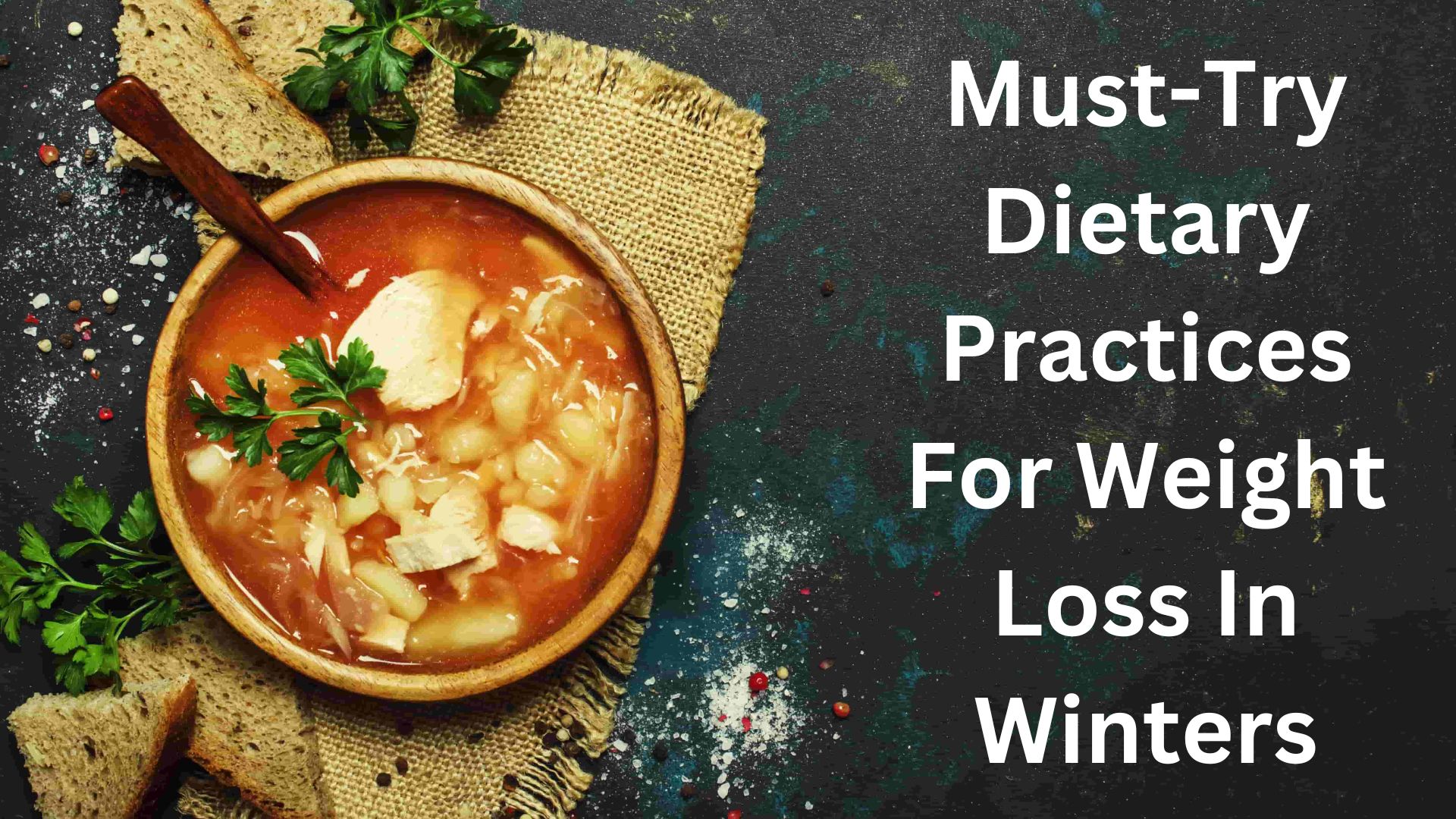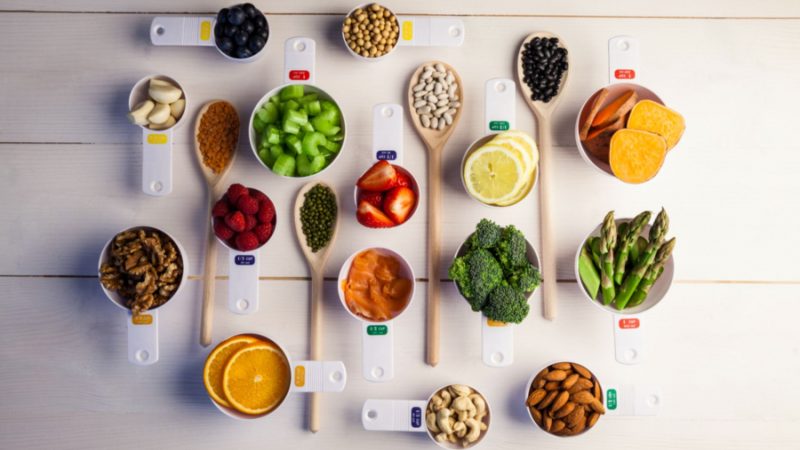
An essential component of any weight loss program is diet. Seasonal changes in diet are common. The strategy for weight loss meals may vary from person to person in the winter. Because the metabolism slows down throughout the winter, it’s necessary to adopt certain quickening techniques to assist in burning calories more quickly.
Maintaining a healthy, balanced diet is key to losing weight in the winter, but it’s also crucial to take advantage of the unique possibilities and difficulties that the season brings. Here are five diet tips and ideas you should know for losing weight in the winter.
Weight Loss Tips To Follow In Winter Season
1. Focus On Eating Seasonal And High-Nutrient Winter Foods

Seasonal vegetables in winter can help you achieve your weight loss objectives. Include meal items such as citrus fruits, winter squash, cruciferous vegetables, root vegetables, and dark leafy greens in your diet. These foods have less calories but are higher in fibre, vitamins, and minerals. They can supply vital nutrients and keep you satisfied.
2. Prioritise Protein In Your Diet

Include protein-rich food in your diet as it keeps you full. And promotes the maintenance of muscle, and protein is an essential component for weight reduction. Your winter meals should have lean protein sources including fish, chicken, lentils, tofu, and low-fat dairy items. Foods high in protein can improve satiety, lower blood sugar, and reduce cravings.
3. Drink Plenty of Water

Even while you might not feel as thirsty in the cold weather as you might feel in the scorching summer, staying hydrated is still crucial. Enough water consumption supports healthy digestion, metabolism, and general well-being. To remain hydrated and feel cozy and warm, choose warm liquids like vegetable soups, herbal teas, or warm water with lemon.
4. Use Portion Control Techniques

Warm, high-calorie comfort meals are most common in the winter. While the occasional indulgence is okay, controlling portion sizes is important for maintaining a healthy weight. Pay attention to the signals your body gives you about when you are hungry and satisfied. To visually regulate portion sizes, think about utilizing smaller bowls and plates.
5. Consider Your Winter Treats

Winter is often linked to comforting delicacies during the holidays. Although it’s acceptable to indulge in them occasionally and keep a watch on how many calories you consume overall. When feasible, go for healthier solutions like handmade treats with less sugar or healthier ingredient substitutes. During the winter, try to find other methods to deal with stress or boredom and be conscious of mindless snacking and emotional eating.



